Is zero waste possible?
Before answering that question, let’s start with the goal of zero waste, which is to prevent waste from entering landfills, incinerators, and the natural environment. Every piece of waste ever created began as a resource that we extracted from the earth. Zero waste is about conserving those resources.
As for the term itself, do not let the “zero” part intimidate you. As my daughter Charlotte once remarked, “The only true way to be zero-waste is to be dead.” Even then, your family may serve bottled water at your funeral.
If you feel paralyzed by the zero (and would really rather not ponder your eventual demise), keep in mind that the term zero waste merely represents something to strive for, like an A+ in every class you take in college. But remember the saying, “Cs get degrees.” You don’t have to do zero waste perfectly to make an impact.
Zero waste isn’t an all-or-nothing proposition. Unlike pregnancy—you either are or you aren’t—you can live a little bit zero waste. Some of the changes necessary to reach that 10 percent goal, which just about everyone can do, won’t hurt one bit. And after you hit 10 percent, you likely won’t stop there. You’ll keep going because you reap so many rewards from this lifestyle.
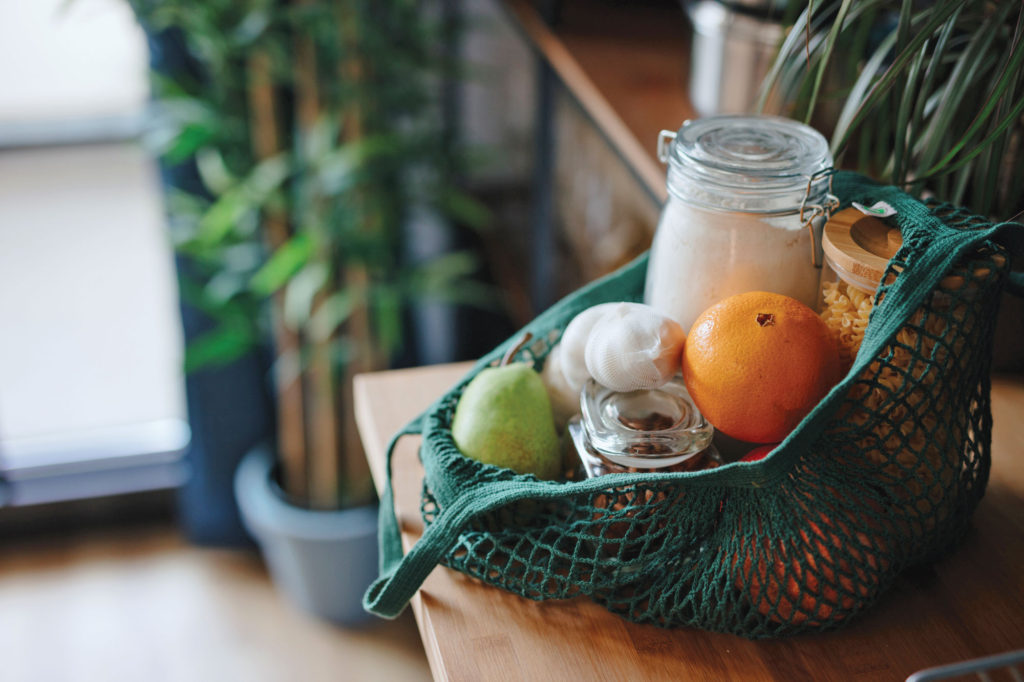
What’s in It for You
I started on this zero-waste journey in 2011 after reading about the devastating effects plastic pollution has on our oceans and their inhabitants. I wanted to cut plastic immediately (weaning actually took several months). I had no idea there would be so many personal benefits to kicking the plastic, much less life-changing ones.
My biggest surprise came when, after a couple of years into this lifestyle, I realized I hadn’t felt so healthy in, well, a couple of years. I attribute this to my improved diet. When I eliminated the waste, I eliminated packaged, highly processed food. I never ate piles of the stuff, but now I eat none. Processed foods not only lack fiber and nutrients, they also throw our guts off balance; and as the research continues to reveal, our guts control every aspect of our health, from our immunity to our weight, to our mood, to food cravings and more.
When I stopped buying packaged food, I started preparing more fermented food. How else would I get my sour cream? Fermented foods benefit gut health. These fermented foods—sourdough bread, kimchi, sauerkraut, dosas, hot sauce—also happen to taste delicious.
And even though I haven’t dropped out of society to go live in a cabin by the pond, I’m more self-reliant now. I don’t depend on corporations to fulfill my every need and desire because, despite Big Food’s best efforts to keep us helpless in the kitchen, I don’t need packaged frozen dinners or shelf-stable snacks to feed myself. Besides improving my cooking chops, I’ve brushed up on other skills that our grandparents and great- grandparents possessed, like sewing, mending, and DIY. If my grandmothers were alive today, they’d ask why on earth anyone would invite me onto a stage to show an audience how to make broth from food scraps or cloth produce bags from fabric scraps. “But that’s just normal,” they’d say.
Reducing my waste has also made me much happier. Every aspect of modern life in North America involves waste—from how we shop to what we eat, to how we dress, to how we travel. To reduce my waste, I had to examine every aspect of my life, make decisions more intentionally, slow down, and live more simply. It’s made my life more fulfilling than mindless consuming ever did.
And if health, better-tasting food, increased independence, and happiness don’t get you on board, perhaps money will. If for no other reason, reduce your waste to save cold, hard cash. Don’t do it for the oceans. Don’t do it to conserve resources so others may have a share of them. Don’t do it for future generations. Be completely selfish about it. Your motives are your own business.
Posted in: Health & Nutrition
Comment Policy: All viewpoints are welcome, but comments should remain relevant. Personal attacks, profanity, and aggressive behavior are not allowed. No spam, advertising, or promoting of products/services. Please, only use your real name and limit the amount of links submitted in your comment.
You Might Also Like...
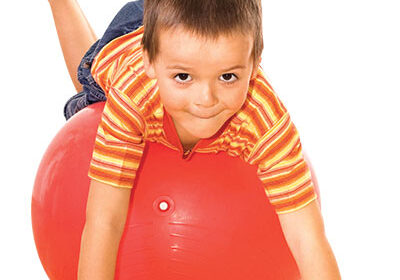
Toddlers Need Exercise Too!
Cardio is not only for adults. With the growing childhood obesity problem, it’s important to get your older baby and toddler up and active. It’s easy to do, as young […]
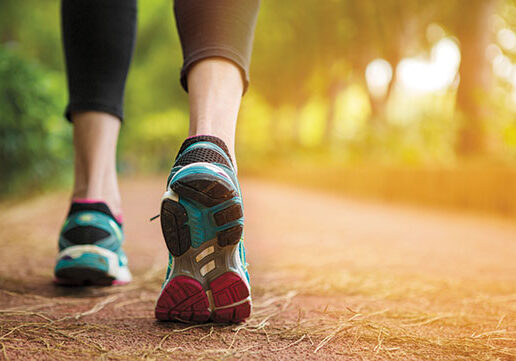
Walking: One a Day Can Change Your Life, or Even Save it
We’ve all heard the old saying, “An apple a day keeps the doctor away,” but what about a walk a day? Walking is one of the most underrated forms of […]
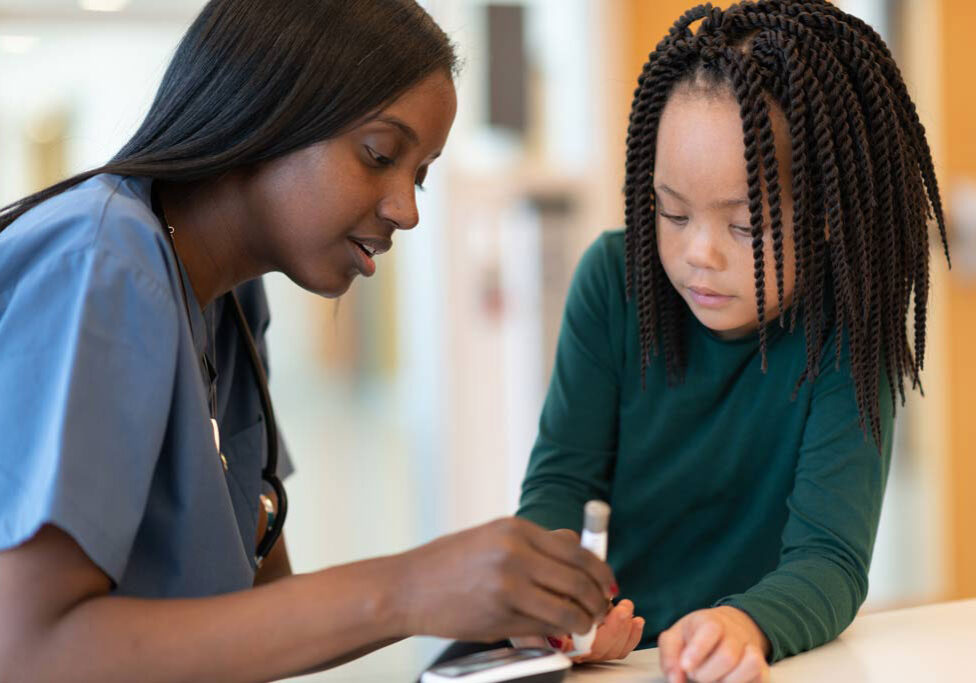
Can Diabetes Be Prevented?
Reviewed by Steven Dowshen, MD What Is Diabetes? Diabetes is a disease that affects how the body uses glucose, the main type of sugar in the blood. Glucose, which comes from […]
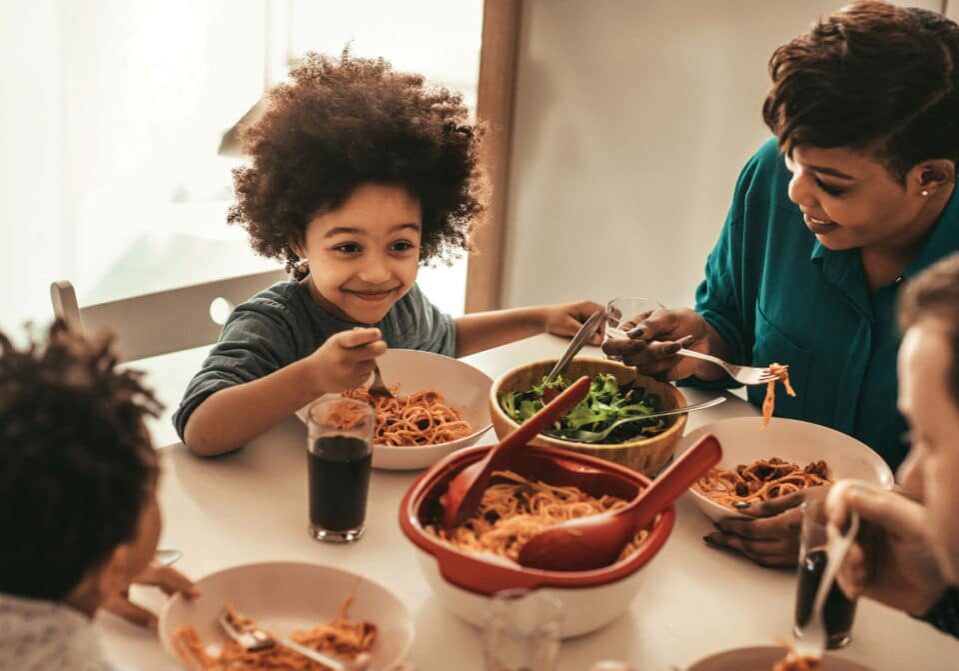
Do you have a Picky Eater? Raising Adventurous Eaters!
Have you ever thought your child was a picky eater? Almost every parent has struggled through a picky eating phase with their child. A time when your child refuses to […]


